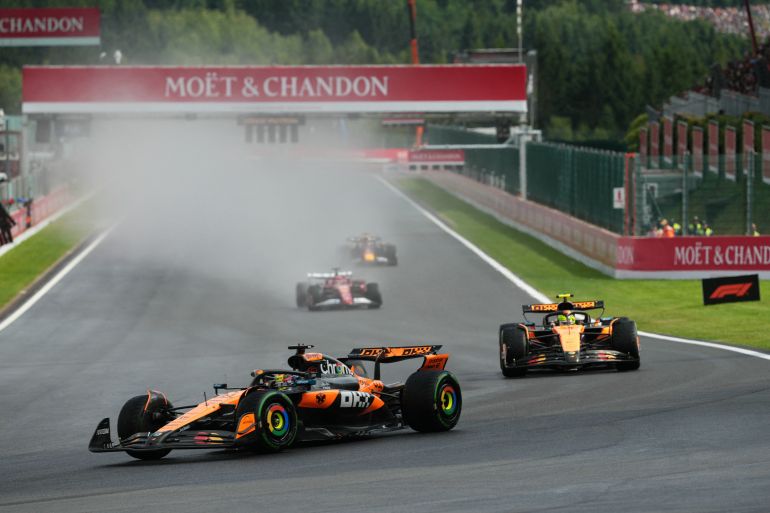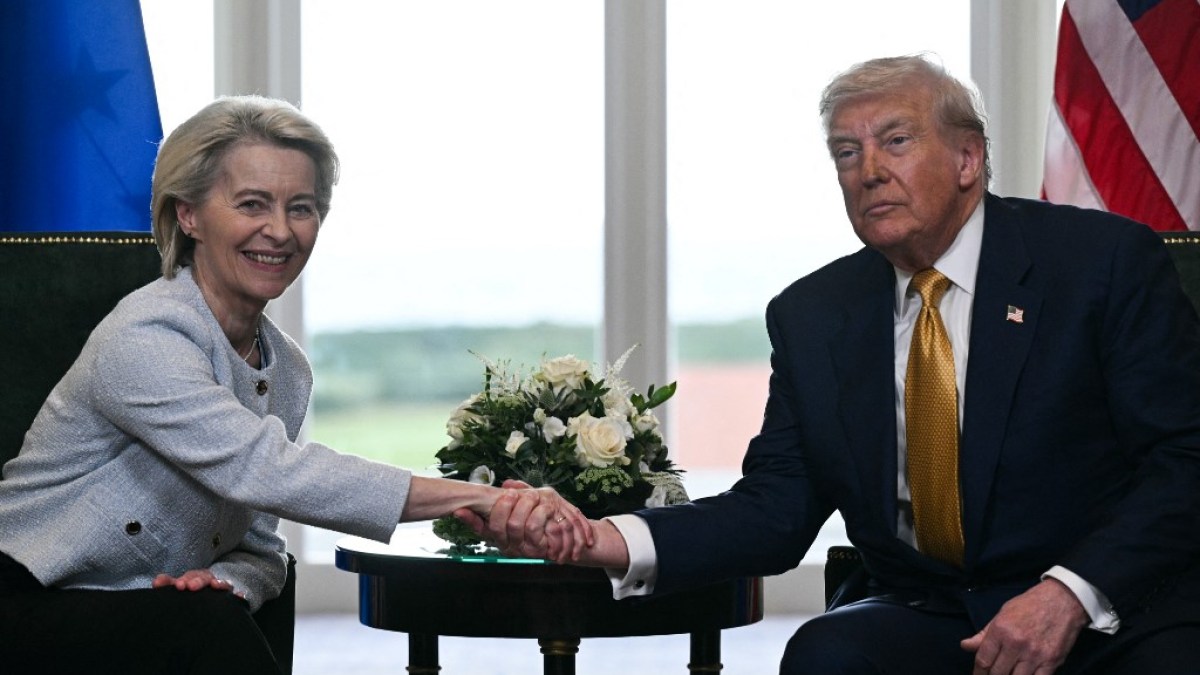Simon Cowell, who made a bold claim about appearing on a Channel 4 reality TV show, was given a warning by Lucy Spraggan.
Simon Cowell is usually seen sitting behind a desk, but if he had had his way, things could have been a lot different. The Britain’s Got Talent and X Factor judge is known for his cutting comments on the talent shows.
But the music mogul, 65, was tempted to try his luck on a different reality show, according to a close friend. Lucy Spraggan, who rose to fame on the X Factor before growing close to Simon, claims he had shown an interest in extreme challenge show, SAS: Who Dares Wins.
With Lucy set to appear on the Channel 4 show, she revealed Simon told her it was a “great idea” for her to take part.
Speaking to the Sun, Lucy said: “He knows I love being outdoors. We do a lot of shooting air rifles and stuff together, so he knows this is my thing, testing my mental resilience.”
But she acknowledged the funny thing he said when he said, “Oh, maybe I’ll try to do it.” Lucy claimed that Lucy had told her pal that he would “literally die.”
“It was funny because it really brought up how difficult it was for me to say to him without a doubt.”
She continued, “But Lauren Silverman, Cowell’s wife], I said to her at dinner the other day, “You should have a go.” It would be funny if she could do it.
The upcoming series of Celebrity SAS: Who Dares Wins sees Lucy join a new cast of famous faces to take on the challenge. This year has seen Channel 4 bosses choose a wide selection of stars from football, reality TV and even a woman made famous as one of the ‘Peru Two’ drug smugglers.
Michaella McCollum is part of the current line up alongside other star names like Rebecca Loos, who had a rumoured fling with David Beckham. Former Premier League footballer Troy Deeney is also in the lineup, as is former Love Island star Adam Collard.
Fans will see Loos face a brutal Beckham grilling on the show over ‘mistakes’. Loos was Beckham’s personal assistant in 2003 and claims broke the following year about them having a four month fling.
Beckham never attempted to challenge the allegations in court or in subsequent interviews, calling the initial reports of the affair “ludicrous” at the time.
Loos went on to appear on reality shows like The Farm and Celebrity Love Island before stepping out of the limelight and is now a yoga teacher in Norway.
Rebecca stated on her TV comeback this week on Channel 4: “I just wanted to show people who I am and just be myself, which has always been my thing. And I went in it “as it comes” with a very open mind.
This story, do you like? Follow Mirror Celebs on TikTok, Snapchat, Instagram, Twitter, Facebook, YouTube, and Threads for more latest news and gossip.
READ MORE: Olivia Attwood stuns in flattering yellow top for This Morning presenting debut











